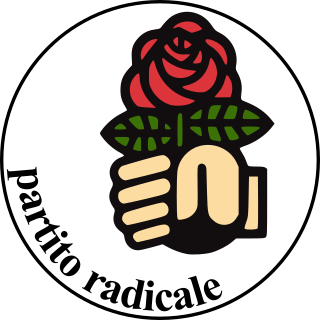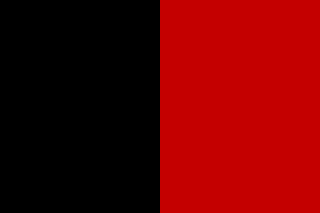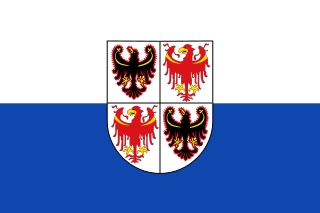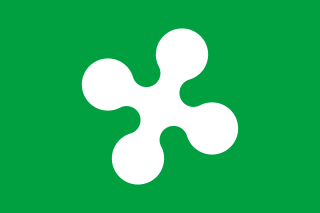See also
| Regional elections | |
|---|---|
| General elections | |
| European Parliament elections | |
| Provincial elections | |
The European Parliament election of 1979 took place on 10 June 1979.
Christian Democracy received the highest vote share in Sardinia, with 39.4%. This was followed by the Italian Communist Party with 32.7%.
| Parties | votes | votes (%) |
|---|---|---|
| Christian Democracy | 341,776 | 39.4 |
| Italian Communist Party | 283,396 | 32.7 |
| Italian Socialist Party | 70,524 | 8.1 |
| Italian Social Movement | 54,169 | 6.3 |
| Radical Party | 39,516 | 4.6 |
| Italian Democratic Socialist Party | 25,125 | 2.9 |
| Italian Liberal Party | 15,294 | 1.8 |
| Italian Republican Party | 12,052 | 1.4 |
| Others | 24,725 | 2.9 |
| Total | 866,577 | 100.0 |
Source: Ministry of the Interior

A member of the European Parliament (MEP) is a person who has been elected to serve as a popular representative in the European Parliament.

The Radical Party was a liberal and libertarian political party in Italy.

The president of the European Parliament presides over the debates and activities of the European Parliament. They also represent the Parliament within the European Union (EU) and internationally. The president's signature is required for laws initiated under co-decision and the EU budget.

The political groups of the European Parliament are the officially recognised parliamentary groups consisting of legislators of aligned ideologies in the European Parliament.

National-level elections in Italy are called periodically to form a parliament consisting of two houses: the Chamber of Deputies with 400 members; and the Senate of the Republic with 200 elected members, plus a few appointed senators for life. Italy is a parliamentary republic: the President of the Republic is elected for a seven-year term by the two houses of Parliament in joint session, together with special electors appointed by the Regional Councils.

Members of the European Parliament (MEPs) are elected by the population of the member states of the European Union (EU). The European Electoral Act 2002 allows member states the choice to allocate electoral subdivisions or constituencies for the European Parliament elections in several different ways.

Raffaele Costa is an Italian politician. He was the president of the Province of Cuneo from June 2004 to June 2009. He was previously a member of the Italian Chamber of Deputies representing the Italian Liberal Party and later Forza Italia between 1976 and 2003, and was also a member of the European Parliament of the European People's Party until June 2004.

The 1979 European Parliament election was a series of parliamentary elections held across all 9 European Community member states. They were the first European elections to be held, allowing citizens to elect 410 MEPs to the European Parliament, and also the first international election in history.

The 1984 European Parliament election was the first since the inaugural election of 1979 and the 1981 enlargement of the European Community to include Greece. It was also the last before the accession of Spain and Portugal in 1986.

This page gathers the results of elections in Sicily.

This page gathers the results of elections in Sardinia.

The 1979 European Parliament election in Italy was held on 10 June 1979.

The 2009 European Parliament election in Italy was held on Saturday 6 and Sunday 7 June 2009, as decided by the Italian government on 18 December 2008. Italy elected 72 members of the European Parliament (MEPs).

This page gathers the results of elections in Aosta Valley.

This page gathers the results of elections in Trentino-Alto Adige/Südtirol.

This page gathers the results of elections in Lombardy.

Elections to the Italian region of Piedmont include Italy's regional and general elections, as well as those to the European Parliament.

This page gathers the results of elections in politics of Friuli Venezia Giulia.
Ursula Schleicher is a German Christian Social Union in Bavaria politician and harpist who served two terms in the Bundestag from 1972 to 1980 and five terms in the European Parliament between 1979 and 2004. She served as state chair of the Paneuropean Union in Bavaria between 1988 and 1994 before becoming its deputy federal chair in 1995 and was a Vice-President of the European Parliament from 1994 to 1999. Schleicher was appointed Commander of the Order of Merit of the Italian Republic, the Bavarian Order of Merit and the Grand Cross of Merit of the Order of Merit of the Federal Republic of Germany in 2001.